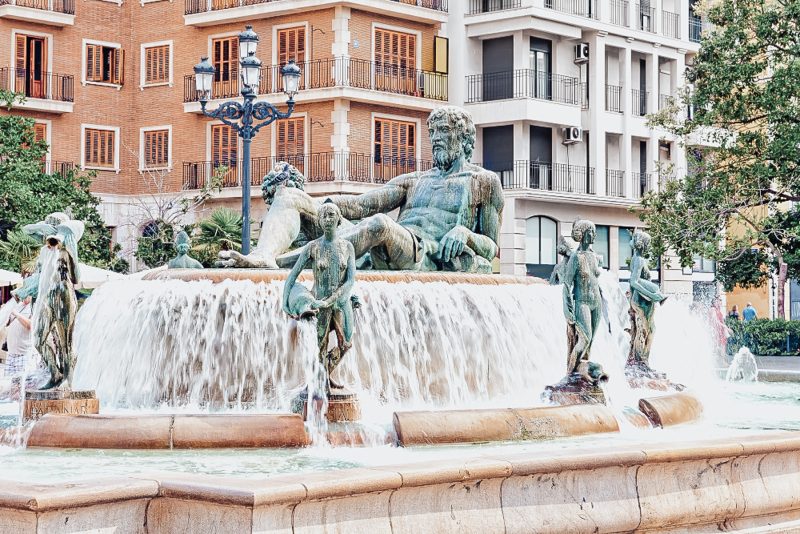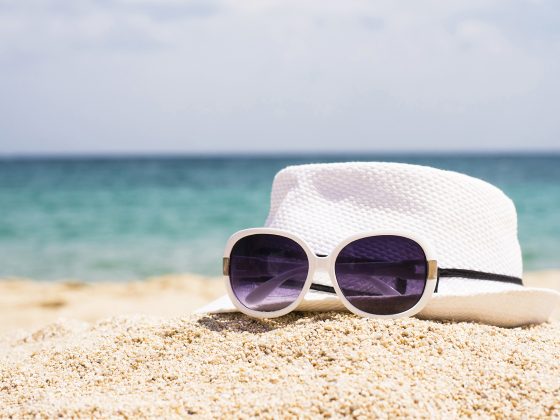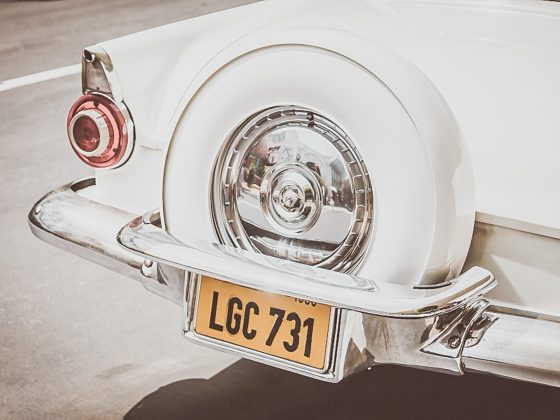Are you looking into moving to Valencia? But not sure where to start when looking for a home? Read my experiences and 10 things to look out for when house hunting in Valencia, Spain.
We moved to Valencia in late 2012, you can read about a little bit of background in the post I published a few years ago ‘So you’re thinking about living in Valencia’ and ‘Realities of being a British family in Valencia’. During this time, we have moved 2 times until we finally decided to buy the property we are in now.
I understand that buying a property abroad can be intimidating. Especially if you do not speak the language. Of course, there are the normal procedures such as legal documents to read, deposits, fees and so on… However, in this post, I would like to focus more on the practicality aspects of house hunting in Valencia.
First of all, I am not an expert in real estate. But over the years we have viewed at least a dozen properties, and have experienced first hand what it’s like to live in a typical Spanish property. Therefore, we would like to share our experiences to give new buyers an idea of what to look out for when viewing the perfect home in Valencia.

House Hunting In Valencia: Things To Look Out For
Of course, this just doesn’t apply in Valencia. I would imagine it’s pretty similar for the rest of Spain. But as we are living here we would like to focus on Valencia more. I’m sure you have all the lists of things to check before viewing a house, but I want to include some of the things that you may not think about.
1. Fire Risk Areas
Valencia has had a few forest fire incidents over the years. On 2012 a few months before we moved here the Los Serranos municipality suffered a wildfire that burned 5,500 hectares of land between the Chuillia and Pedralba. During the 8 years we have been here, we have seen a few fires (mostly in the campo) but most fires are controlled quickly and no one is seriously hurt. This year we experienced our first fire, just along the Turia river, about 1 mile from our home. Thankfully, it was controlled before it spread to our urbanisation. Ensure to check and ask whether the area that you are looking at has had a history of fires.
2. Noise Level
If you live in Valencia then you will have to accept that noise is part and parcel of living here. The Fallas festival is the noisiest time of the year and it lasts for 3 weeks. Not to mention other festivals and fiestas that are celebrated in between. So if you like the quiet life all year round then the best property in Valencia would be somewhere a little bit out of the city. City living during the Fallas is not for everyone, and might get too much if you are sensitive to noise.
3. Is the address easy to find?
So you’ve found the perfect home, but is it easy to find? Can couriers, maintenance companies and postmen find it? Many homes in Spain, especially those in the campo can be hard to find. We found this the hard way when we moved into our first home. Though we weren’t the only people in the area, the address became a problem when we needed parcels to be delivered. Check that the property that you have chosen can be easily found. Knowing how to speak Spanish also helps, so you can give directions to your home.
4. Double glazed windows
Unless you are looking at a newly built or renovated property, double glazed windows are not installed in some older homes in Spain. Older Spanish homes in the countryside or urbanisations may have shutters and thin glass instead of double-glazed windows. While you think you might not need it, it’s a must during the winter time. Not only that it will ensure that your home stays energy efficient it will also prevent dusts, insects, and noise from entering your home.
5. Heating
Even though we have sunshine most of the year, winters can still get very cold in Valencia. December to February are the coldest months and making sure that your home is properly insulated is important to live comfortably. Some older homes do not have central heating and many still use butane gas. Many will also have fireplaces. Ask how much it will cost to buy wood (leña) and where you can get it from. In our first home, we had a large fireplace that used at least €200 of wood every winter.
6. Air-conditioning or Ceiling Fans
During July to August, the temperature in Valencia can reach up to 45°c. Which can be uncomfortable during the evenings when the temperature stays at 25-30°c. Having air-conditioning can make summer months a lot more bearable. Of course, leaving your aircon all day to keep cool can mean a big electricity bill. That’s why it’s also useful to have ceiling fans installed in your home. You can use these in between saving you a bit of money.
7. Osmosis
Tap water in Valencia is drinkable but I am not too keen on the taste. Older properties have older pipes, therefore it might have collected natural materials in the system over time altering the taste of the water. You will also find that Valencia have hard water, and this can fur up your kettles, washing machine and taps. Though the water is safe to drink we much prefer the taste of filtered water. So if you find a house that has osmosis then that’s a big plus!
8. Septic Tanks
Septic tanks are common in older fincas and chalets in Valencia and they will need to be emptied every few years. Not many people like the idea of having a septic tank in their backyard so if you are considering buying an older property this might be something to look out for. The cost of emptying a septic tank varies from €120 upwards depending on how big the tank is.
9. Note the trees outside
Trees are often overlooked by the buyer. Spanish homes, especially in the countryside or urbanisations, have large gardens and most have different types of trees. Check that the trees are easy to maintain. Tall palm trees will need a professional to trim them and their seeds can be a pain to clean. If the property has a pool check that the plants around the area is ‘pool friendly’. Cleaning the pool is laborious enough, and sifting leaves and, flowers can be a pain as time goes on.
10. Internet Connectivity (including your phone signal!)
Internet availability in Valencia has vastly improved since when we first moved here. The closer to the city you are the better you will have a chance of having a fibre optic connection. If you are thinking of living a little bit further inland, then always check what internet service is available to you. It’s advisable to speak to the neighbours to see what they use. And don’t forget to check your phone signal too!
11. House orientation
Before finalising your house choice, consider its orientation for optimal sunlight. South-facing homes enjoy sunshine year-round, while those facing north may lack natural light. In Valencia, east or southeast-facing houses offer an ideal orientation. Beware: the north can feel chilly, and west-facing homes may become uncomfortably warm during summer months!
Final Thoughts
House hunting in Valencia is very exciting and it’s easy to overlook the small details. I hope this post is helpful and gives you something to think about when looking for your new home. Have you already moved to Valencia? Do you have any tips to those who are house hunting in the area? Please let me know on the comments below!












2 comments
Hi Maria! We’re hoping to move to Valencia from the UK with our children in 2022 (we have a six week trip booked for later this year for research, if we’re permitted to come!). Your blog is so very useful in helping us gather information, read about your experiences of Valencian life and keep us excited as we build up gradually to the big move! Thank you SO much for all your blog posts – it’s a treat to get each new one in my inbox 🙂 Very best wishes, Megan.
Hi Megan, thanks for taking the time to comment. I’m glad that you are finding my experiences useful, it’s such a big move and it’s better to be prepared. Six weeks is a good amount of time to explore the Valencian community, I hope it turns out well and you find what you are looking for! Good luck with everything. Keep safe!